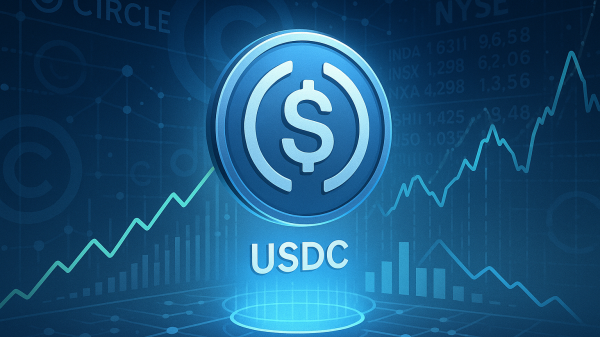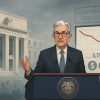Japan’s core inflation rate slowed in September, marking the first decline in five months, driven by government utility subsidies aimed at alleviating price pressures.
According to data released by the Ministry of Internal Affairs on Friday, consumer prices excluding fresh food rose 2.4% year-on-year, down from 2.8% in August.
The result slightly exceeded economists’ consensus estimate of 2.3%.
The overall inflation rate also eased to 2.5% from 3.0% the previous month, with falling electricity and gas prices contributing significantly to the decline.
The government’s subsidies shaved 0.55 percentage points off the inflation rate, underscoring the impact of fiscal measures on the recent slowdown.
Central bank expected to hold steady on rates
The Bank of Japan (BOJ) is widely anticipated to maintain its interest rate at 0.25% during its upcoming policy meeting on October 31.
Despite the dip in inflation, the central bank has signaled that further rate hikes may still be on the table if inflation continues to align with its projections.
However, policymakers are cautious following criticism of their July rate hike, which triggered a market downturn.
Yoshiki Shinke, senior economist at Dai-Ichi Life Research Institute, suggested that the impact of subsidies on inflation may be temporary.
“If the subsidies are extended, CPI will come down, but it won’t change the underlying price trend,” Shinke said.
The BOJ’s decision is unlikely to shift significantly based on these developments, he added.
A core inflation measure, which excludes both fresh food and energy costs, rose slightly to 2.1% in September from 2.0% in August.
Service prices, considered a crucial indicator by the BOJ, gained 1.3% year-on-year, slowing from 1.4% in August, indicating some persistence in price pressures despite the headline slowdown.
Inflation outlook tied to subsidies and currency movements
The future trajectory of Japan’s inflation depends partly on whether the government extends its utility subsidies, currently scheduled to expire this month. If allowed to lapse, inflation could pick up again.
A report from Teikoku Databank revealed that food companies raised prices for nearly 3,000 items in October, further signaling inflationary pressures.
Currency fluctuations also remain a key factor.
The yen weakened to 150 against the dollar this week, driven by strong US economic data that dampened expectations of Federal Reserve rate cuts.
A weaker yen typically raises import prices, adding to inflationary pressures in Japan.
Meanwhile, Prime Minister Shigeru Ishiba is preparing a new economic stimulus package, potentially including cash handouts for low-income households, to ease price pressures and bolster public support ahead of the general election on October 27.
Economists suggest that the size of this extra budget could surpass last year’s package, further impacting the inflation outlook.
Wage growth lags behind inflation
Although Japan has experienced significant wage increases this year, driven by labor shortages and successful union negotiations, inflation continues to outpace real wage growth.
Real wages, adjusted for inflation, fell in August after modest gains over the previous two months, reflecting ongoing challenges for household consumption.
The government, which took office on October 1, has prioritized wage growth that exceeds inflation to support consumer spending and drive a sustainable economic recovery.
However, experts caution that achieving this balance will be critical for stabilizing the economy in the long term.
The post Japan’s inflation cools for the first time in five months amid subsidies appeared first on Invezz




































